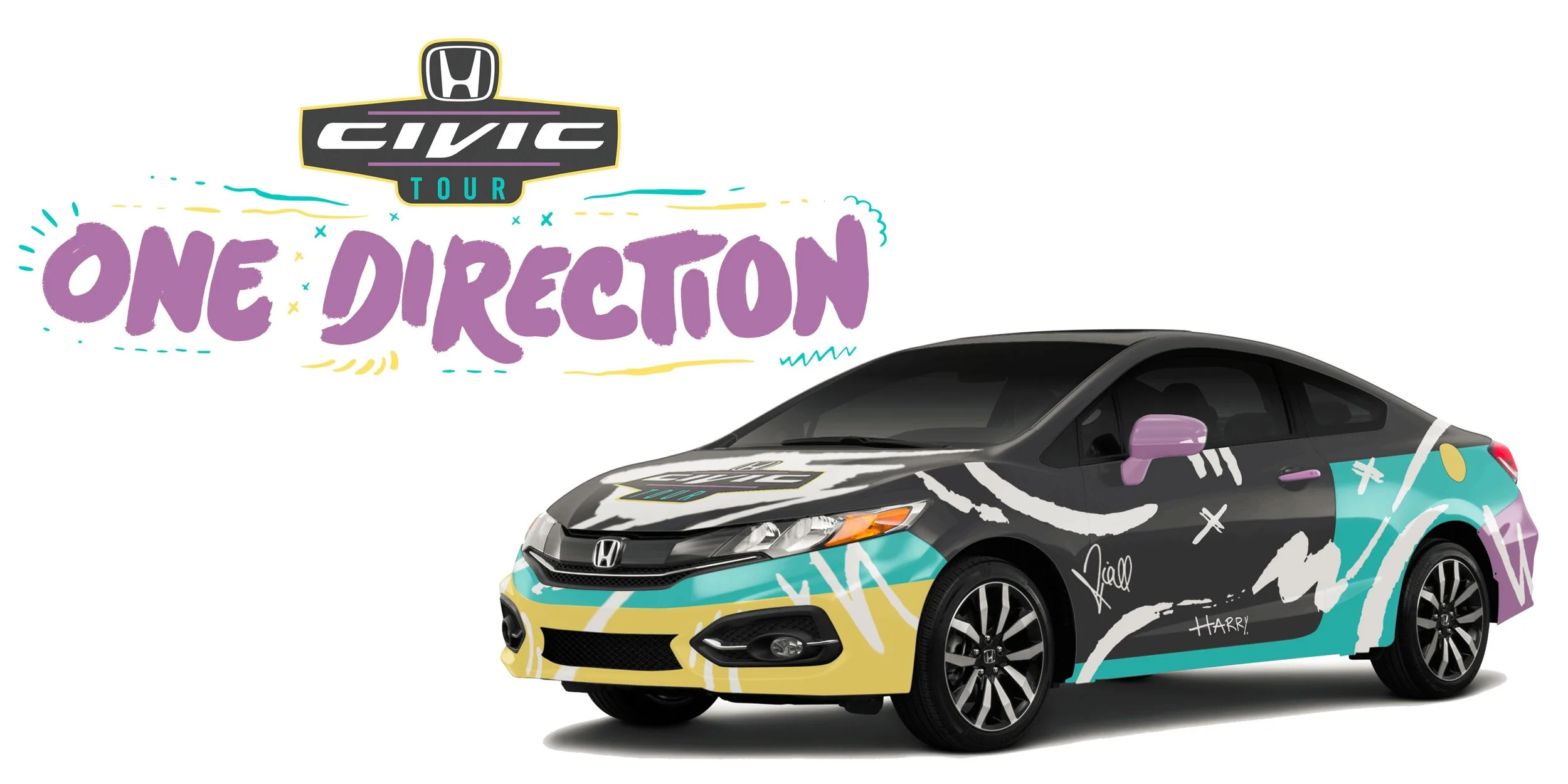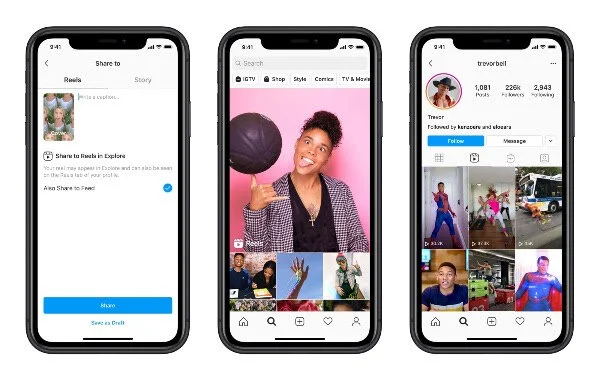Brand Partnerships: The Good, the Bad and the Fake
Credit: MSCHF
Brand collaborations have proved to be a valuable marketing tool for many artists, offering an opportunity for them to join forces with companies and enjoy a mutually beneficial arrangement. This week, we're discussing some of our favourite collaboration stories and what artists should consider before hopping on the brand bandwagon.
The collaborations that made headlines.
Arguably one of the most memorable tunes from 2020 was Snoop Dogg’s Menulog jingle. Not only is the track permanently etched into our memories, it saw Menulog’s user base within the millennial and Gen Z demographic grow by 20%, and overall orders grew by 20-40% in Australia. The campaign also reinforced Snoop’s position as a household name by bringing him straight to our screens.
Another standout partnership was the Bonds Bloody Comfy Period Undies Unplugged campaign, starring G Flip, Alice Skye, Montaigne, Ali Barter, Georgia Maq and Kira Puru. The campaign saw Bonds advertise their new underwear with the launch of the ‘Unplugged’ album, which included songs inspired by the artists' experience with the new product. With royalties donated to Support Act, this partnership was a stigma-busting, fundraising winner in our books.
Recently, we were pretty invested in the Lil Nas X collaboration with Nike, which actually turned out to have nothing to do with Nike at all. It resulted in a legal dispute and the sneakers being taken off the market, but it earned Lil Nas X a bunch of media attention and continued the buzz around his recent single ‘Montero (Call Me By Your Name)’. As they say, there’s no such thing as bad publicity. Note: The Habit Weekly does not endorse the creation of false brand partnerships.
A few years ago, the authenticity of Alicia Keys’ partnership with Blackberry was called into question when she was caught out tweeting from an iPhone. Keys, the brand’s Global Creative Director at the time, claimed the tweets came from a hacker. Whoever sent out the tweet reminded us that some artists might not really believe in or use the products they endorse, which won’t translate well to fans. Ultimately, this can ruin the campaign’s chances of success.
What artists should consider first.
Nobody wants to see a mismatch between a brand and an artist, so both parties should consider how their counterpart aligns with them ethically and aesthetically. Additionally, artists should ensure that their partnership benefits them in a way that helps achieve their goals.
In a successful partnership, brands and musicians should be able to bring the same brand equity to the table. If one party outweighs the other, these partnerships can fail.










Whether it's for one show or a whole tour, a support slot presents an important opportunity to introduce an act to potential new fans.